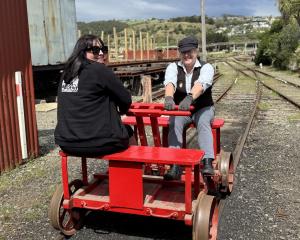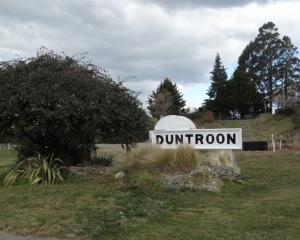The Waitaki District Council is increasing parking fees from its pay-and-display machines on March 1, along with more enforcement by parking officers to catch those who do not pay.
However, the decision to increase the fees and end the one-hour free parking has come under fire from the Waitaki committee of the Otago Chamber of Commerce, which lobbied the council for 24-hour free parking.
The proposed charges are an increase from 60c an hour to $1 for on-street parking, 40c to 80c for off-street parking and $2 to $4 for all-day parking. Charges for long-term parking permits would also rise.
When the machines were installed about 10 years ago, as part of increasing charges the council offered free parking up until 10am so those on fixed incomes, including superannuitants, could get shopping or business done before they had to pay.
However, the council's assets group manager, Neil Jorgensen, said yesterday the one-hour free parking would also go when the new charges came in.
If people did not agree with that, they could make submissions to the council's long-term plan when they open in April.
The new charges will help to build up a fund to replace the existing machines, which are getting costly to maintain.
A member of the Waitaki committee of the Chamber of Commerce, Gary Kircher, said not only had the council ignored the recommendations the committee made to it, it had actually decided to increase the charges for parking without replacing the machines.
"But that is not the worst of it," he said.
"The council has also decided in its wisdom to charge from 9am, six days a week, instead of the 10am start time which currently applies."
The one-hour free parking was negotiated between the council and Chamber of Commerce 10 years ago, particularly to allow people on fixed incomes and others to get their shopping done early and avoid the charges.
Businesses also benefited because it helped boost a traditionally quiet time of the day and spread their workload.
"There has been little consultation on this aspect and the chamber is concerned with the way this extra cost to the community has been pushed through.
"This is a backward step at a time when we are all concerned about the cost of doing business and general affordability for people on lower incomes. It will be more expensive for everyone involved," Mr Kircher said.











